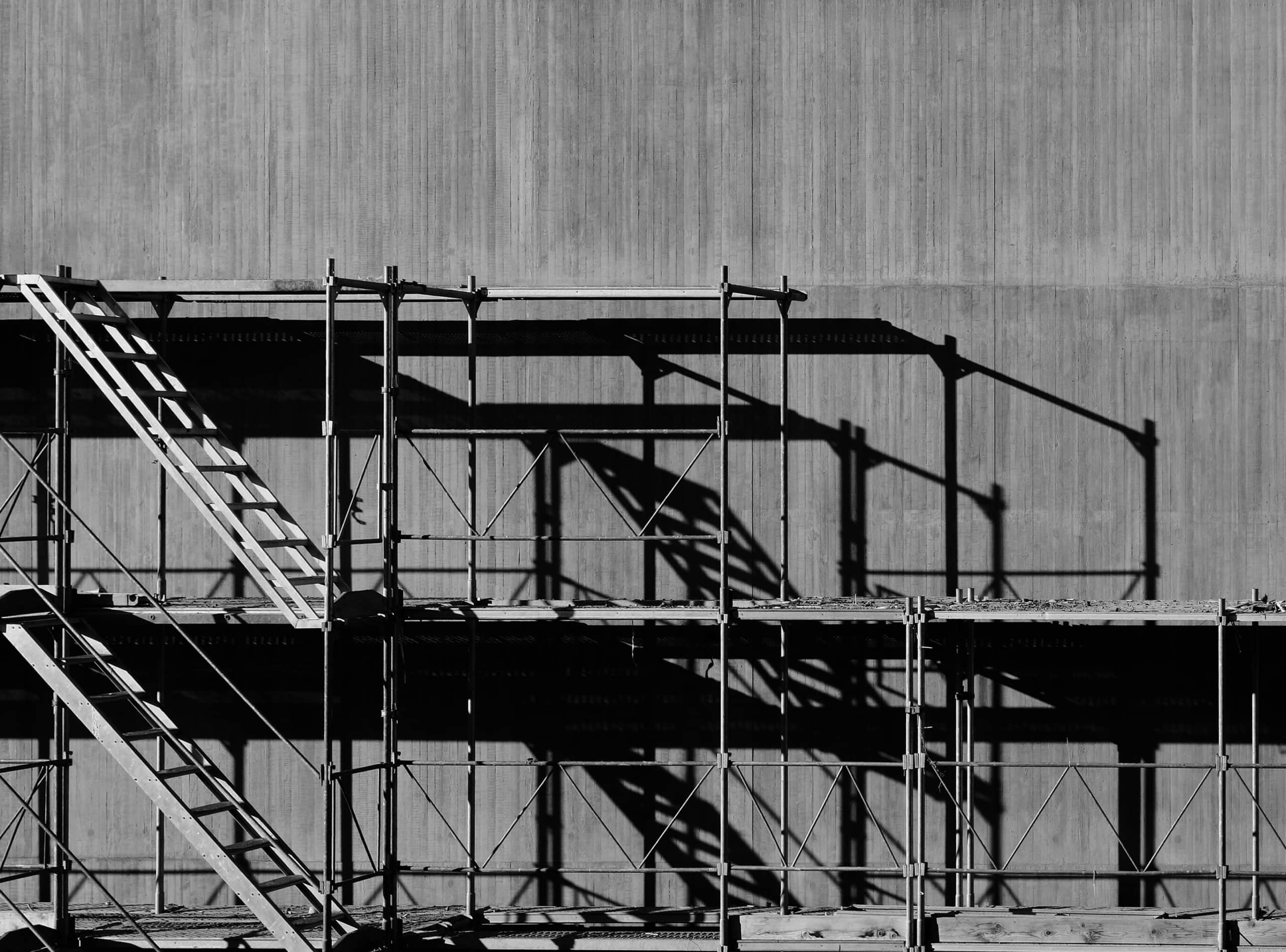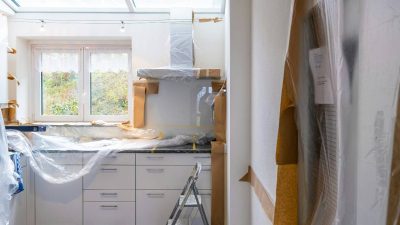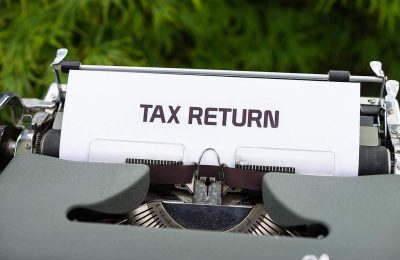Shared repairs can be a complex and sometimes controversial issue for property owners. When multiple parties are involved in maintaining a tenement or common building, legal responsibilities and obligations come into play. It is crucial for property owners to understand the legal aspects of any common repair. In this article, we’ll delve into the legal responsibilities and obligations of property owners when it comes to shared repairs.
Understanding shared repairs
Shared repairs are repairs and maintenance tasks that affect more than one property owner within the same building or tenement. These can include everything from repairing a shared roof to maintaining a common stairwell. When it comes to legal aspects, it’s essential to know your obligations and rights. To find out exactly what applies in your building, you need to begin by looking at your title deeds.
Title deeds
Property owners can find their title deeds through the Registers of Scotland, which is the governmental agency responsible for maintaining records related to land and property ownership in Scotland. Title deeds are typically held electronically in the Land Register or the General Register of Sasines. To access these documents, property owners can visit the Registers of Scotland website and use the ScotLIS (Scottish Land Information Service) portal and purchase any title deed for £3 + VAT.
It’s important to note that if the property was purchased after 1981, the title deeds are likely to be in the Land Register, while older properties may have their deeds in the General Register of Sasines. Registers of Scotland can provide guidance and assistance in locating and retrieving these important documents.
Where your title deeds do not provide an answer, the situation is regulated by the Tenements (Scotland) Act 2004.
The Tenement (Scotland) Act 2004
The legal framework that governs shared repairs in Scotland is primarily provided by the Tenement (Scotland) Act 2004. This legislation lays out the responsibilities and obligations of property owners in shared buildings. Here are some key aspects to consider:
- Common repairs – property owners are legally obligated to contribute to the cost of common repairs. These costs are typically shared among all the owners in the building, based on the “tenement management scheme” set out in the Act.
- Repair notices – the Act empowers local authorities to issue repair notices if they believe that a property is in a state of disrepair and poses a risk to health and safety. Property owners are obliged to comply with these notices.
- Maintenance of common parts – property owners are responsible for the maintenance and repair of common parts of the building, which can include shared hallways, roofs and external walls.
- Insurance – property owners must ensure that there is adequate insurance coverage for the building. Insurance typically covers the cost of repairs following certain types of damage.
- Management committees – in some cases, property owners may establish a management committee to oversee shared repairs and maintenance. The committee must operate within the legal framework and fulfil its obligations.
- Dispute resolution – disputes among property owners can arise over shared repairs. The Act provides mechanisms for dispute resolution, including through the First-tier Tribunal for Scotland (Housing and Property Chamber).

Where to find help
1. UnderOneRoof, as a resource and support platform, can help owners navigate these responsibilities effectively. It offers valuable information and guidance on shared property ownership, including legal obligations and best practices, making it an essential resource for property owners to ensure their homes are well-maintained and compliant with Scottish housing laws.
2. Your local council and their housing team can provide guidance and support in understanding the legal obligations, offer resources for finding reputable contractors and facilitate communication among property owners to ensure the efficient organisation of shared repairs. Moreover, the housing team may oversee dispute resolution processes in cases of disagreements among property owners, helping to maintain harmony within tenements.
3. Novoville Shared Repairs offers a user-friendly platform that streamlines the process of shared repairs management. The platform facilitates clear and transparent communication among property owners, calculating and allocating repair costs to each property owner based on the agreed-upon scheme and keeping detailed maintenance records is essential for demonstrating compliance with your legal obligations.
4. Lawyers can assist in any legal matter especially in title deeds by meticulously examining and interpreting these legal documents, clarifying property ownership and any encumbrances that may affect your rights. They can also assist in resolving disputes related to title deeds, ensuring your interests are protected.
Novoville Shared Repairs offers a valuable solution for property owners by simplifying the process of organising repairs, maintaining records, and facilitating transparent communication. By understanding your legal obligations and leveraging the tools and support available, you can ensure that shared repairs are managed efficiently and in compliance with the law.











